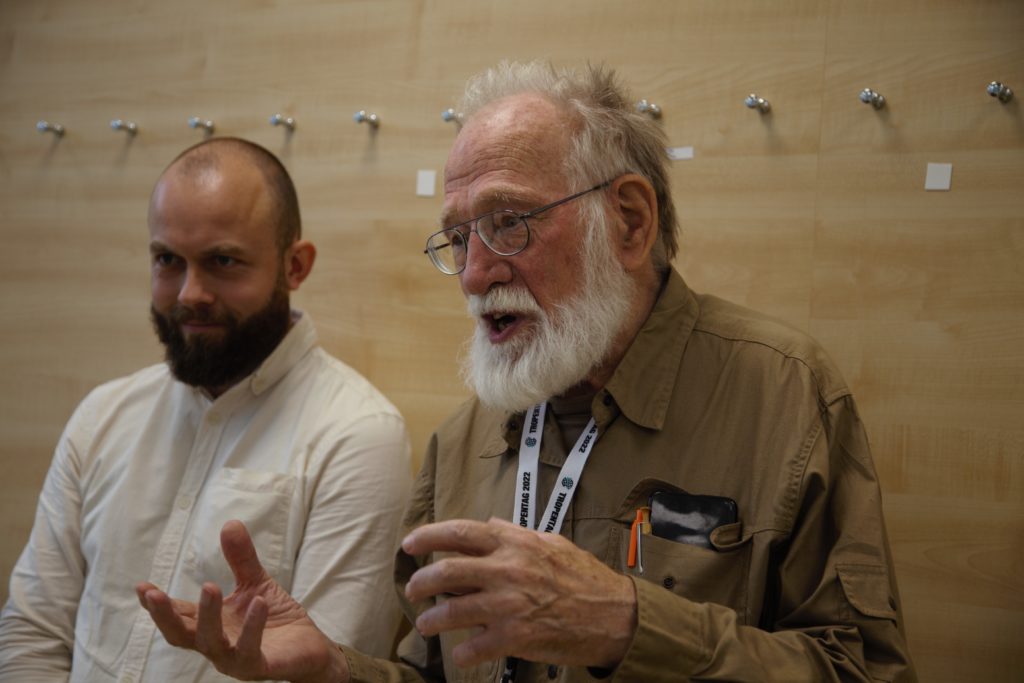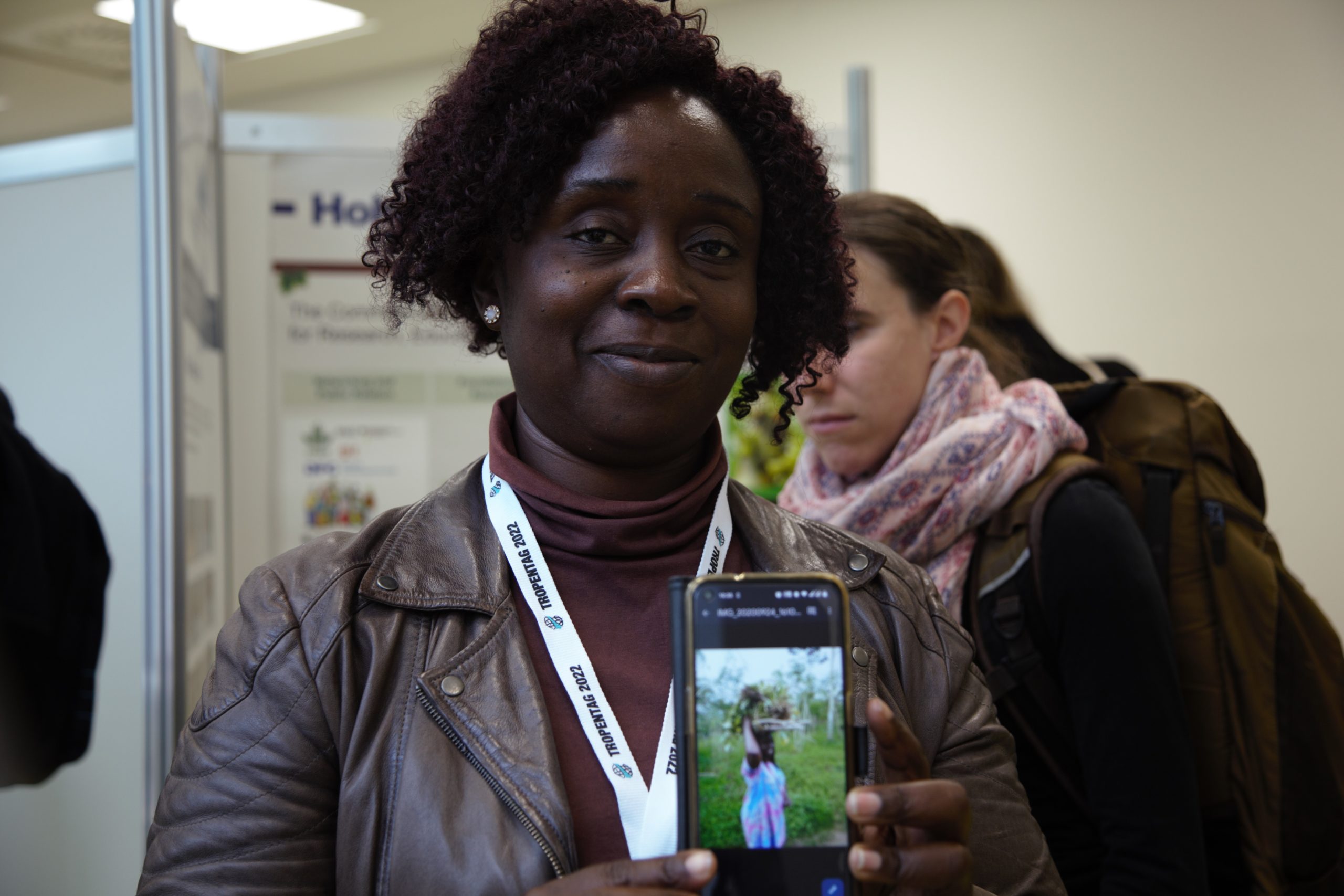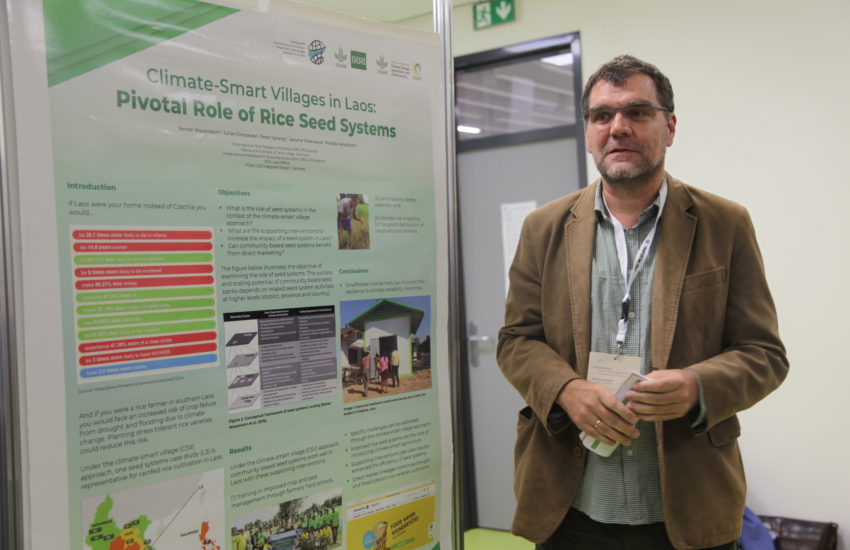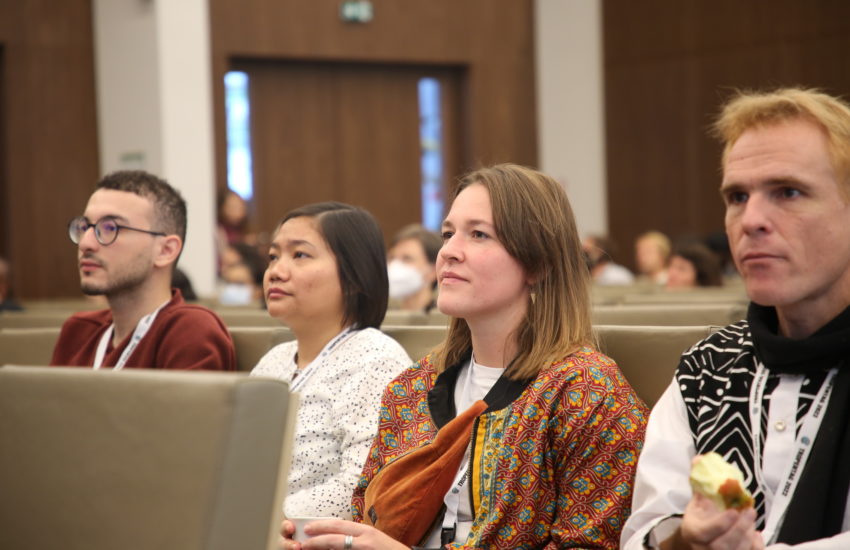Decoding agroecology! Academia and farmers’ perspectives
It was interesting to see academia and farmers together at the Tropentag 2022 workshop “Decoding agroecology – a guiding concept for a sustainable transition of African agricultural systems?”, organized by Dr. agr. Marcus Giese, University of Hohenheim, Germany.
During the workshop, participants focused on the agroecological elements practiced across Africa. Veronica Mwangi shared her perspective on how smallholder farmers in Kenya keep traditional agricultural elements alive which are sensitive and beautifully co-exist with nature and humans. Jane Ninsiima, a participant and small-scale farmer from Uganda shared her experience with agroecological farming. She just started adopting agroecological farming and holds two and a half acres of land, growing crops like coffee, beans, maize, and pumpkin adopting more holistic approaches. She is looking forward to explore more.

As the workshop went ahead people separated into groups and shared their thought on topics such as the strength and limitations of agroecology, and what is the future outlook for agroecology. Most of the participants highlight that agroecology is appropriate for small farmland and also to meet the increasing demand for organic food. In their view, agroecology follows one health concept for people, animals, soil, and the planet. Also, if adopted well it’s a good concept for farmers in Africa. Participant Mark Spoelstra addressed the limitations of agroecology. He said “universities and NGOs are not doing enough to drive the move, agroecology needs a movement. A movement that can only come from below. Policymakers are money-minded, they are not farmers, and so the change will not be coming from the political side itself.” He also added agroecology is the future, and smallholder farmers are neither consumers nor producers, they are “economically zero”. To raise well-being and produce nutritious food we need to focus on small-scale farmers according to Mark Spoelstra.



